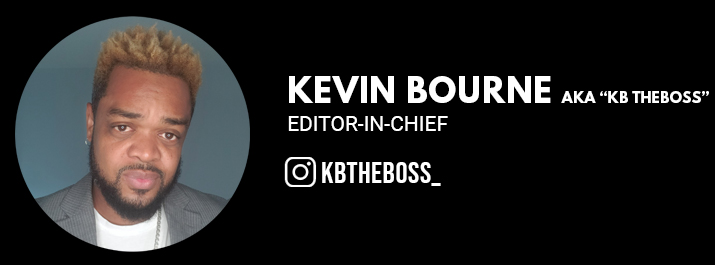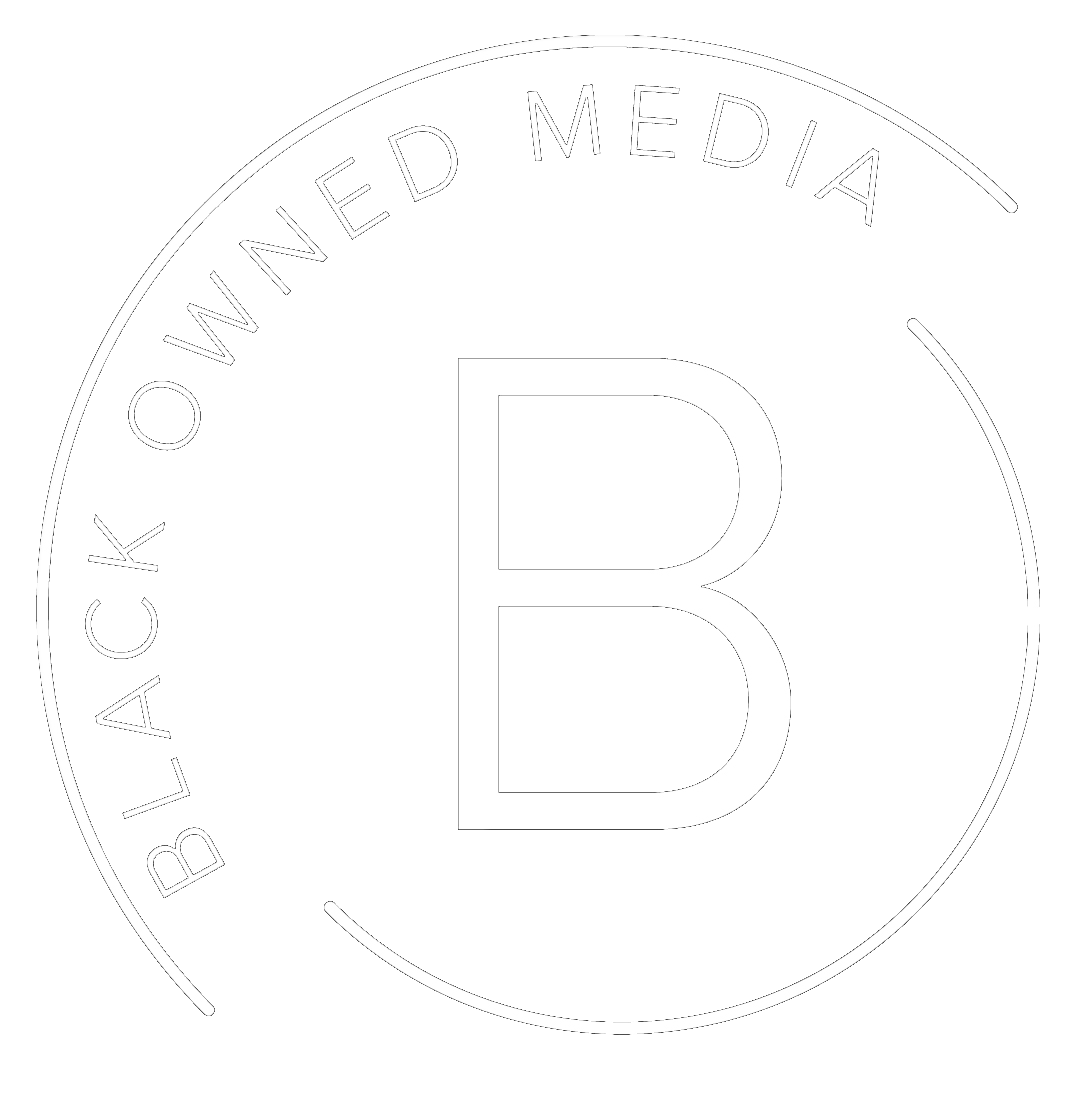Hip-hop artist, Errol Eats Everything, talks to SHIFTER editor, Kevin Bourne, about new music, football, his journey from Jamaica to Toronto, to New York, and more.
Over the past 10 years, Toronto has had one of the hottest hip-hop and R&B scenes in the world, exporting a number of big names like Drake, The Weeknd, Tory Lanez, and Jessie Reyez. Still, there are a number of Toronto artists who continue to fly under the radar despite releasing music that compares to, or even exceeds, that of the most celebrated artists today. One of those names is Errol Eats Everything, a New York-based, Toronto bred artist, who, through his combination of lyricism, delivery, and nostalgic production, has built a loyal fanbase of hip-hop heads with a discerning taste for timeless, non-formulaic music.
“Furious Evans is really responsible for the soundscape and backdrop of the album. Knowing his vibration, him knowing my mentality. Our mentalities are parallel. We don’t really need to talk about execution. He is really responsible for the production on the album, from to back.”
He displayed as much on his recently released self-titled album Errol Eats Everything—a 17-track project which was originally envisioned to be three EPs that were eventually released as one body of work. The sound, complete with instrumentation, from flutes to keys and horns, was careful crafted by Chicago producer, Furious Evans, know for his groove driven, boom bap productions.
“Furious Evans is really responsible for the soundscape and backdrop of the album”, Errol told SHIFTER in a recent interview. “That came from being exposed to them [The Chapter]. Knowing his vibration, him knowing my mentality. Our mentalities are parallel. We don’t really need to talk about execution. He is really responsible for the production on the album, from to back.”
The album walks the fine line of sounding nostalgic, bringing listeners back to the Golden Era of hip-hop, drawing from influences like Wu-tang Clan, Chuck D, Chubb Rock, and his personal GOAT, KRS-One. while still sounding current,
But beyond the beats and bars, there’s a deeper message. Errol samples speeches from American historian, John Henrik Clarke, to emphasize the realities of the Black experience.
Errol’s creativity and vision extended beyond the music to The Boondocks inspired visuals which he created himself. This was then translated to the album’s visuals, which have been a hit with families, as well as the 18 to 50 year-old crowd, by a talented team of animators.

For Errol Eats Everything, arriving at this point in his life and journey has been a long road, full of ups and downs, and moving from city to city, and country to country.
His journey started in Jamaica, before moving to Mississauga, just west of Toronto. Football and music would take him from Toronto, to Alberta, Las Vegas, New York, Texas, and New York again, but his stop in Las Vegas would prove to be pivotal.
“I have endearing memories of every place I’ve lived. All of them resonate with me. But New York is the place where my soul belongs.”
“I got into some beef. I had to hit the road. Then after football, it was back to my first love. I just followed my heart”, he recalls.
Errol’s heart led him down the road less travelled, full of detours. But it’s in Las Vegas that his would connect with The Chapter—Furious Evans, producer of Errol’s latest album, and Cla’ence Joe, who features on the project. It’s alongside the Vegas hip-hop duo that Errol started making traction.
Despite multiple moves, and him considering Toronto the best city in the world, New York is where he considers home. Not only are his children native New Yorkers, but Bed-Stuy in Brooklyn, similar to Toronto, is a historical hot spot for Jamaican and Caribbean culture,
“I have endearing memories of every place I’ve lived. All of them resonate with me. But New York is the place where my soul belongs”, he explains. “But New York will swallow you whole and spit you out if you’re not prepared to handle what comes with it. It’s a grind and not everyone is built to persist past what’s required for what they want.”
“I feel like the focus on Toronto and Toronto music hasn’t even popped yet. There’s unlimited potential. The playing field has been levelled. This is just the beginning.”
Still, despite the growing tensions between Canada and the United States over the past year, both in hip-hop with the Drake and Kendrick beef, and now politically with the President of the United States looking to make Canada into the 51st state, Errol still has love and passion for the city and country that raised him.
“It’s definitely bolstered the identity of Canada”, he said with a hint of pride. “They have some backbone and they’re standing up for themselves.”
As the chasm between Canada and the United States widens, Errol finds himself almost like a child stuck between two divorced parents. While loving the vibes and culture of New York, he takes issue with the “Not Like Us” anti-Canadian narratives which he finds “insular” and “ignorant”. He also still keeps tabs on what’s happening back home. He firmly believes that Toronto has yet yo reach its peak musically, especially when he looks back at where the scene was when he first started.
“The industry dictates that you have to leave Canada, but you don’t necessarily have to.”
“I think it’s unbelievable expansion because there was a time when we couldn’t catch a break with all the talent that was in Toronto”, he recalls. “Even though Drake is the biggest artist ever, I feel like the focus on Toronto and Toronto music hasn’t even popped yet. There’s unlimited potential. The playing field has been levelled. This is just the beginning.”
Although Errol found his “vibration wasn’t settled in Toronto”, he doesn’t believe that talent have to leave Canada in order to find success.
“The industry dictates that you have to leave Canada, but you don’t necessarily have to”, he said.
So what’s next for Errol? For one, he plans on continuing his entrepreneurial ventures. He is currently the co-founder of a number of homes for intellectually and developmentally challenged adults, which operate in four states, as well as a separate company which employs 100 people.
For Errol, entrepreneurship has allowed him the flexibility to create while giving back to the community.
“It allowed me to become my own man. That allowed me to have time which allowed me to record an album”, he explains. ” The impact on the community is unparalleled and you’re giving autonomy to folks who usually need a lot of oversight to live, and you’re teaching them how to live and interact, and be social, and how to get things done and excel in life. So there is satisfaction from that aspect of things.”
Whatever he decides to do next, it’s clear that Errol Eats Everything is a name that people on both sides of the born need to remember.
Kevin Bourne is SHIFTER’s editor and Senior Entertainment Reporter focusing on Black music and film & TV. He was named one of 340 international voters for the 81st and 8nd Golden Globe Awards and a Tomatometer-Approved Critic by Rotten Tomatoes.
Related content:





